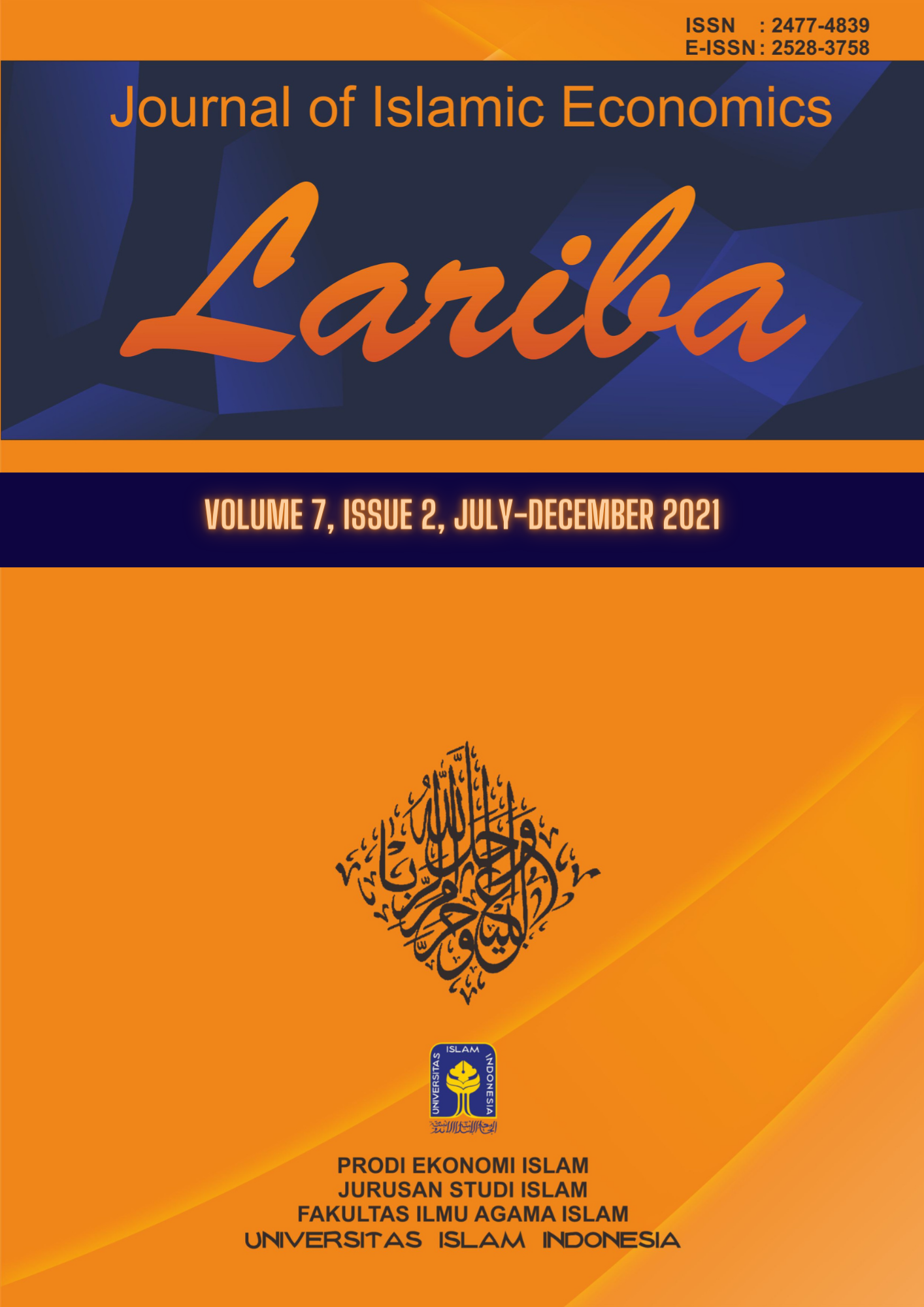Main Article Content
Abstract
Women are the main poverty insurers of the family because women have to think about their survival and family, but to get out of the condition of poverty women are still limited access to get loan funds to improve their standard of living, in addition to patriarchal cultural motives that dominate society in general as well as government programs that are still gender biased. Women have proven to be able to quickly adapt to weak economic conditions and still be able to think under economic crisis. The purpose of this research is to understand women's empowerment through the STF program held by Dompet Dhuafa and its mechanisms. The type of research used is a type of qualitative research that describes the results of research through sitematic writing with a phenomenological approach by observing phenomena that occur. The data source is obtained from primary data in the form of interviews to the Dhuafa Wallet and secondary data in the form of literature obtained from the internet and print media. The authors see from the results of the study that the STF program is able to empower women well.
Article Details
License
Authors who publish with this journal agree to the following terms:
- Authors retain copyright and grant the journal right of first publication with the work simultaneously licensed under a Creative Commons Attribution License that allows others to share the work with an acknowledgement of the work's authorship and initial publication in this journal.
- Authors are able to enter into separate, additional contractual arrangements for the non-exclusive distribution of the journal's published version of the work (e.g., post it to an institutional repository or publish it in a book), with an acknowledgement of its initial publication in this journal.
- Authors are permitted and encouraged to post their work online (e.g., in institutional repositories or on their website) prior to and during the submission process, as it can lead to productive exchanges, as well as earlier and greater citation of published work (See The Effect of Open Access).
How to Cite
Anwar, N., & Syarifuddin, S. (2021). Women’s Empowerment with Islamic Philanthropy Model: A Case Study of STF Dompet Dhuafa Program in South Sulawesi. Journal of Islamic Economics Lariba, 7(2), 135–144. https://doi.org/10.20885/jielariba.vol7.iss2.art5





